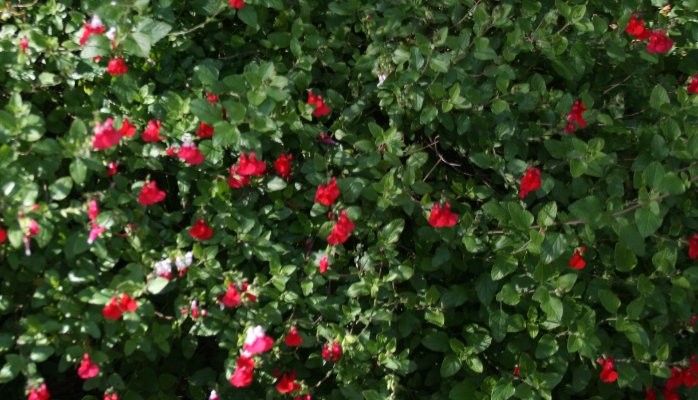
How do I establish a regular meditation practise?
May 20, 2016There are so many answers to this question. Many of the answers draw on extensive habit forming research. This story is more about experience than research.
On the weekend I watched my daughter and lots of other children and adults compete in a gymnastics competition. To compete the gymnasts spent many hours, every week honing their skills. No-one questioned that to land a cartwheel on the beam or to reach from one uneven bar to the other, a lot of practise would be required. These were highly trained athletes who brought hours of experience and a present mind to the task, under the watchful eye of a coach who knew them well. They had formed habits that were useful to their goals – they had learnt how to hold their bodies, what to focus on and how to manage distraction. They had flexed the muscles required in the right ways, over and over, so that some of the necessary behaviours were now automatic. Importantly after the competition they kept practising. It really struck me that there was no absolute end point in their pursuit. On Monday they went back to training.
 Formal mindful training (meditation) is just like that, we are all practising, even though some have been practising for decades, they are still practising! There is no absolute end point when we know we have got it. Each time we sit to flex our attention muscles through formal mindful practice we are practising, nothing more, nothing less.
Formal mindful training (meditation) is just like that, we are all practising, even though some have been practising for decades, they are still practising! There is no absolute end point when we know we have got it. Each time we sit to flex our attention muscles through formal mindful practice we are practising, nothing more, nothing less.
When we form a habit there are of course things we can do to help our progress. We can engage a coach or a peer to encourage and refine our technique and understanding for example. However there really is no replacement for actually doing the training, practising. Sometimes it does take sheer bloody mindedness to make ourselves sit down and choose to commit to our decision. Isn’t this what consciously building a habit is? Choosing to behave in a certain way because it will be of some benefit for us. The challenge can be that the benefit isn’t always linear and isn’t always immediately obvious. We have to sustain our effort in the belief that there will be some delayed gratification that will be worth it in the end. But what if there is no end? Is it still worth doing for curiosity’s sake? Watching the gymnasts test out what their minds and bodies could do I decided the answer was yes!
Human endeavour in so many ways, is about having an exploratory attitude of see what happens. Approaching meditation is another example of this. Just as the gymnasts must be curious in order to try the next step in their skill building, so is the meditator. Bringing a curious mind, one that is open to what will happen now…..and now….. and now…… and asking your mind to keep returning to the now, (or your breath for example), is meditating. Continually repeating the behaviour or the thought creates a habit, if you like, a strong neuronal pathway that is easy to trigger in our brains as a result of the repeated use of this pathway. Repeat performance is essential to developing skills – gymnastic skills, attentional skills, leadership skills. Feedback and coaching help us practise the right things but can easily be turn into intellectual exercises. It is in the doing, the trying things out for ourselves, that we develop our skills and find out what we need to practise more.
Practising meditation often, even in small one minute sessions to start with, is much better than one longer session once a week. Every time you sit for a one minute meditation you are practising, you are building your neuronal pathway and strengthening your attentional capacity and your awareness.
Establishing a meditation practice is like establishing any other habit.
- Decide you want to do it – commit
- Enlist the support structure that will help you – buddy, coach, peers
- Practise over and over again – train
- Be curious enough to see what happens – be open
Sometimes training is easy and sometimes it’s challenging and boring and tedious. Mindfulness will help you respond to all of these and so much more, in time, with practise. My very best wishes on your adventure!
Kudos to Rick Hanson for the idea of now….and now….and now….
This event was posted by Sharee Johnson.
Bookmark this event.
